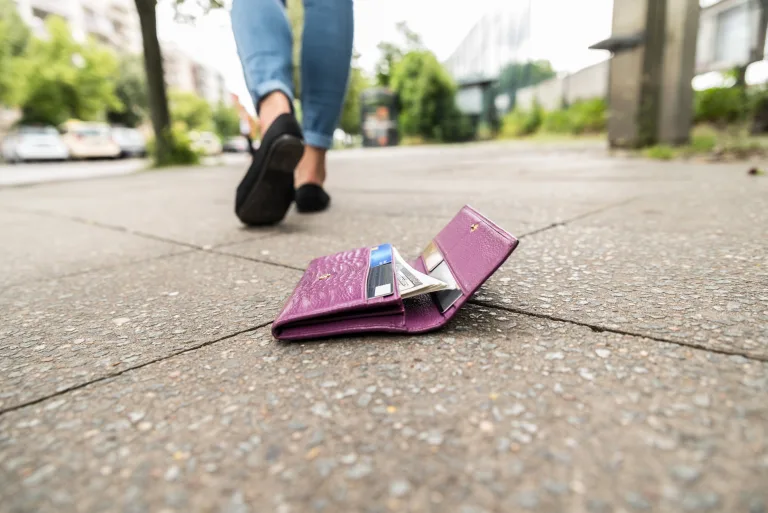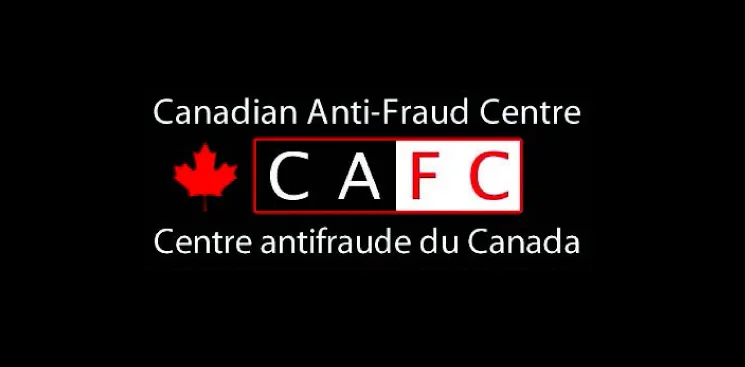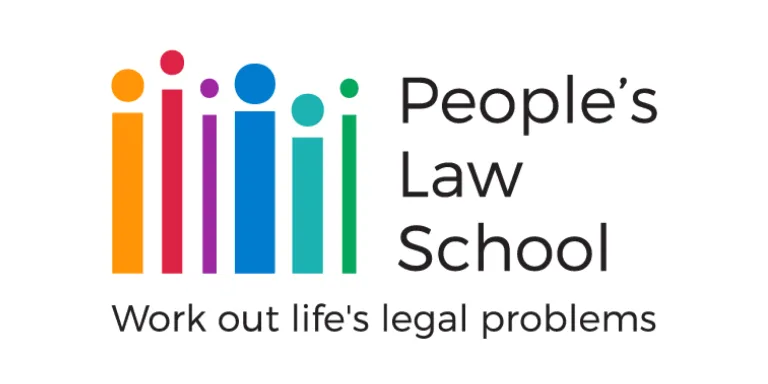If your credit card is lost or stolen

Maybe you misplaced your wallet. Or left your credit card in a bank machine. Learn what you can do to protect yourself if your credit card is lost or stolen.
What you should know
Under the law, your liability for a lost or stolen credit card is limited. Once you report a missing card to your credit card issuer, you don’t have to pay for anything bought with your card after you told them.
If someone uses your card before you report it as missing, the law limits your liability to $50 — no matter what your agreement with the issuer says.
There’s one exception: If the card is used at a bank machine with your personal identification number (PIN), you may not be protected.
Under the law, a credit card issuer must tell you your maximum liability — that is, the most you could be charged if someone gets hold of your card and runs up bills. This information must be spelled out in your contract (called the cardholder agreement). You’ll often find it in a box near the top of the first page.
The law limits your liability to $50 — no matter what your agreement says. But there’s that one exception: If someone uses your card at a bank (ATM) machine with your personal identification number (PIN).
Which means: Although it may seem convenient, sharing your PIN is never a good idea. And avoid using a PIN that’s easy to guess, such as your birthday.
Work out the problem
These steps will help ease the pain if your credit card is lost or stolen.
Step 1. Report the lost or stolen card to the issuer
Step 2. Report the incident to the police
Step 3. Contact the credit reporting agencies
Step 4. Destroy associated cards and cheques
Step 5. Follow up with consumer agencies
Step 1. Report the lost or stolen card to the issuer
Contact the credit card issuer as soon as possible if:
you lose your wallet or credit card
you suspect someone may have gotten your credit card information
you notice strange activity on your credit card account
You aren’t liable for any purchases made after you report the loss to the issuer.
If you deal with a major bank or credit union, check their website. There’s usually a number to call to report lost or stolen cards. In most cases, the issuer will cancel the missing card and send you a new one free of charge.
Step 2. Report the incident to the police
If your credit card has been stolen, it’s wise to file a police report. It may lead to the thief being charged.
Step 3. Contact the credit reporting agencies
Contact the credit reporting agencies to let them know about the missing card. The two credit reporting agencies in Canada are Equifax and TransUnion.
Discuss whether to have a “fraud alert” placed on your file. That means businesses or banks will call you before changing anything in your accounts. Or opening any new ones.
You can also add an explanation to your credit report saying the charges aren’t yours. We have information on contacting the credit reporting agencies. See our coverage of credit reports.
Step 4. Destroy associated card and cheques
Destroy any other cards or cheques connected to the account of the missing credit card. If you used online banking with the card, cancel access to the account. If you had any automatic billings set up on the card, notify those service providers.
Step 5. Follow up with consumer agencies
If you think someone may have stolen your credit card information through a scam, contact the Canadian Anti-Fraud Centre. You may prevent others from being ripped off by the same scoundrels. Visit the CAFC website.
Want more information on how to protect yourself if your credit card is lost or stolen? See our in-depth coverage of this topic.
Who can help
If your credit card is lost or stolen, this agency may be able to help.

Canadian Anti-Fraud Centre
If you think someone may have stolen your credit card information through a scam.
Consider getting legal advice if someone's running up bills on your credit card.

BC Legal Referral Service
Helps you connect with a lawyer, notary or paralegal for a free 15- to 30-minute consult to see if you want to hire them.

Access Pro Bono's Legal Advice Clinics
Volunteer lawyers provide 30 minutes of free legal advice to people with low or modest income.
This information from People’s Law School explains in a general way the law that applies in British Columbia, Canada. The information is not intended as legal advice. See our disclaimer.
Related
On Dial-A-Law
Dial-A-Law has more information on Credit cards in the section on Money & debt.

